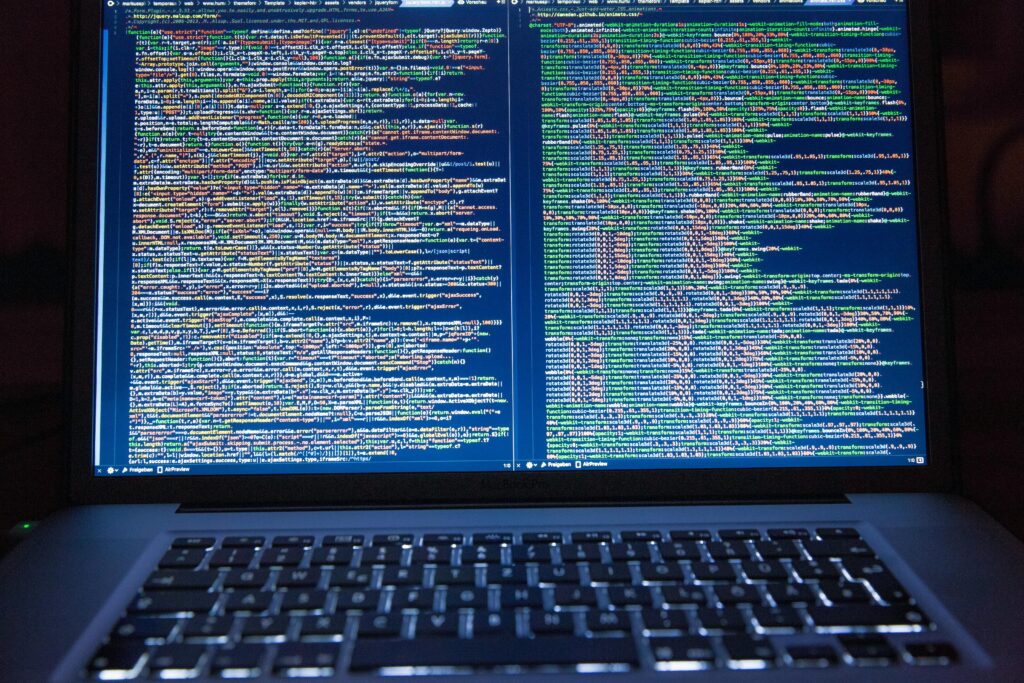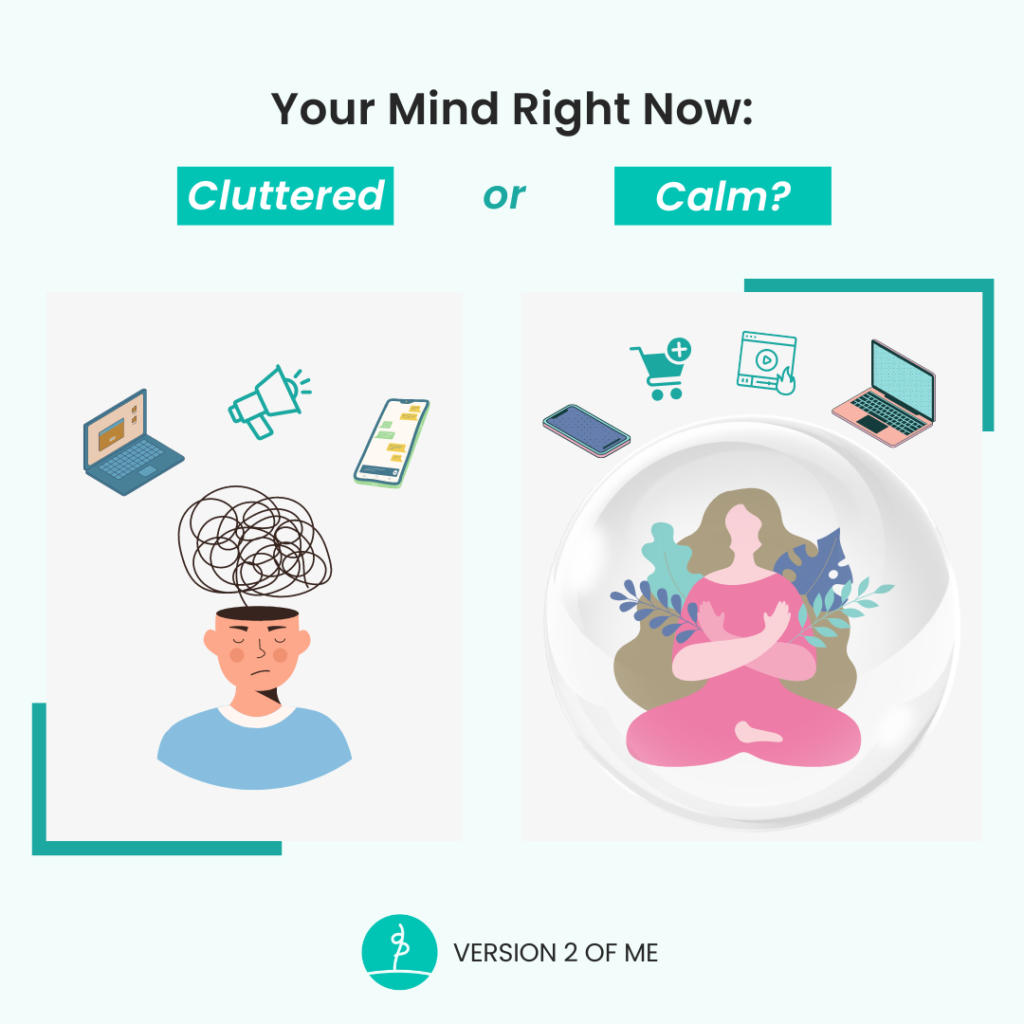I help you in clearing your mind and show you how to communicate with ease
Anne Pirkkanen

The Information We Consume All Day Long is Unhealthy
I’ve consumed a lot of Yuval Harari’s work through his books and interviews, and I’ve always found it deeply impactful. What draws me in the most is how he takes these “bigger-than-life” concepts and breaks them down into something relatable. This was especially clear in 21 Lessons for the 21st Century for example.
His interviews are no different. I’m hooked on his communication style, especially in his recent one, where he discusses ideas from his new book Nexus. I’ve had to listen a few times and even take notes—like this article. I could not (not) share this valuable information on my blog as it is also the heart and soul of what Version 2 of ME stands for.
Watch the 17 min full interview here
One concept that stuck with me was his analogy of online information to junk food. We’re connected all day long, but how much of what we consume is actually healthy? This message ties in perfectly with my recent article on Digital Minimalism. It’s truly a reminder of how Harari practices what he preaches—meditating for two hours daily to clear his mind of the “junk.”
Being hyper-connected is not cool anymore nor good for our body, mind, or soul.

He also highlights how industries manufacture junk information—content driven by greed, hate, and fear. It’s like fast food for the mind, and it’s just as unhealthy. We shouldn’t believe everything out there; we need to consume content responsibly and learn to filter the healthy from the junk.
Harari highlights the importance of rest, contrasting it with the relentless pace of algorithms. They work all day and all night. Us humans are moving in the same direction if we don’t do something about it. If even the stock market takes weekends off, why don’t we allow ourselves to do the same?

It’s time to give our minds a break from constant input.
Simple Ways to Rest Your Mind
So now that we know that breaks from the screens are needed and they do us good, let me share some examples of what I’ve done in my life to give my mind a break.
Here are some quick fixes if you are looking for where to start:
- No screens in the first or last hour of your day
- Delete all apps you are not using from the home screen
- Set a scrolling limit on your phone
- Read books or listen to podcasts instead of scrolling
- Practice meditation or do breathwork
If you are prepared for a deeper transformation and ready to take it to the next level, then go ahead and try the 30-day detox (Digital Minimalism by Cal Newport).
The Power of Silence brings mental clarity
Speaking of meditation, this brings me to one of the topics I’m studying. I’m fascinated by what body and mind work can do to improve the quality of our lives and how it can bring some calm and silence into the hectic city life with small children.
Yuval is a Vipassana practitioner who meditates for two hours a day. He is also a teacher and regularly conducts Vipassana retreats. I find this very motivating, as I can see how his mind is so clear, reflected in his communication style, presence, and energy.
Back in 2019, I went on my first Vipassana meditation retreat. I was in silence for 10 days. During those 10 days, I experienced some of the most intense moments of my life. I experienced what it meant to calm the mind. It was also by far the most challenging experience of human discipline. So, I’d like to share one thing that happened.
In the retreat and amid the silence, I discovered something surprising about myself: I think in three languages (Finnish, Spanish, and English) simultaneously, blending them in my thoughts! This revelation brought me clarity and a new level of self-awareness, an answer to a question I had been trying to answer for years.
I know that accessing this kind of clarity and having the skills to meditate daily would be my way of not just living this life on autopilot but actually being present in my own life.
I get to see the beauty of small things. My mind is not racing a million miles an hour. My know where my days went. I see my daughters through my own eyes. It hasn’t been easy to discipline myself to meditate twice a day. It’s only now, five years later, that I have finally integrated meditation into my routine. My meditation practice is like my morning coffee; I don’t skip it.
It feels so empowering! I’m loving this new me. Dare I even say a Version 3 of me(?)
You can read more about my story here.
Why slowing down will be your biggest gift?
Why am I sharing this?
It’s pretty simple: practising meditation and mindfulness helped me become more aware of my thoughts, emotions, and sensations. Above all, it’s my break pedal to the speed of modern life. It’s my tool to be able to slow down. Hence I could hear my thoughts and detect the language because my mind was only on first gear cruising on the beach boulevard.
In today’s hyper-connected world, many are constantly feeding their minds with “junk food,” letting their thoughts race without pause. Their minds are running around like Formula 1 cars in New York City.
Slowing down and embracing the beauty of a simpler, more mindful life allows us to be present, breathe, and spark creativity in a childlike and pure way.
Harari leaves us with a powerful question: despite having the most sophisticated information technology in history, why are we struggling to hold meaningful conversations?
What is really happening to how we communicate?
What has happened to the good old days of sharing stories around the campfire without needing to broadcast every moment?
Moving Towards Meaningful Conversations in the Digital Age
As you reflect on Harari’s insights, think about how connected we’ve become—are we sacrificing meaningful conversations for constant consumption? At what pace is your mind running, and could slowing down bring you more clarity? Maybe it’s time to consider how you manage your “information diet” and whether an information detox could provide the reset you’ve been looking for.
I’d love to hear your thoughts! How do you navigate this hyper-connected world?
Download Yuval’s question to reflect with your team in your next meeting: HERE
Watch the full interview here.
Related articles: 3 ways a Public Speaking Trainer can help you build confidence and 7 easy steps to improve Public Speaking
Until next time!
Cheers,
Anne Pirkkanen

Public Speaking & Communication Trainer
Bio: About Me
WEB: Version 2 of ME Communication
LinkedIn: Anne Pirkkanen
Bookings: Calendly




